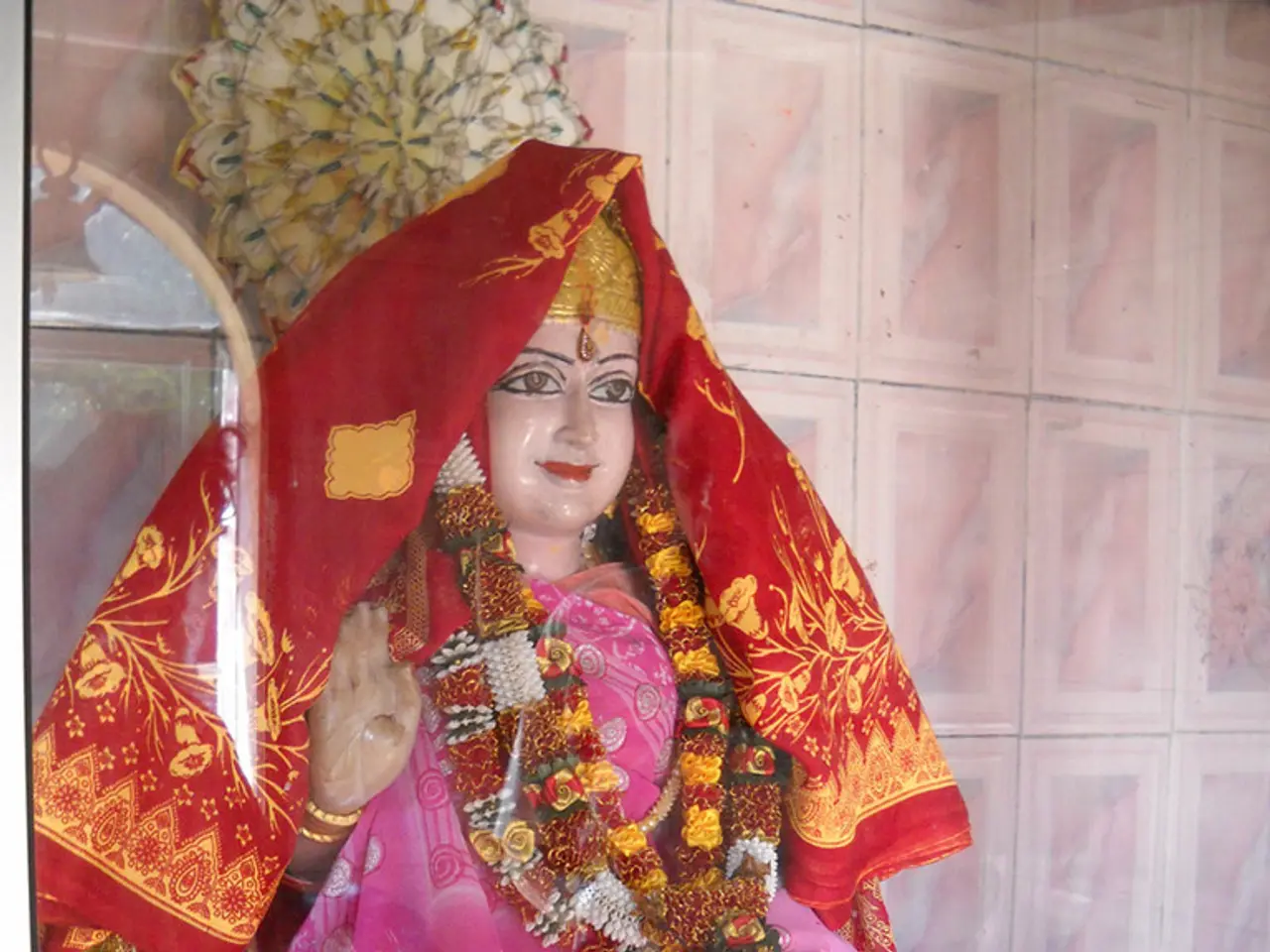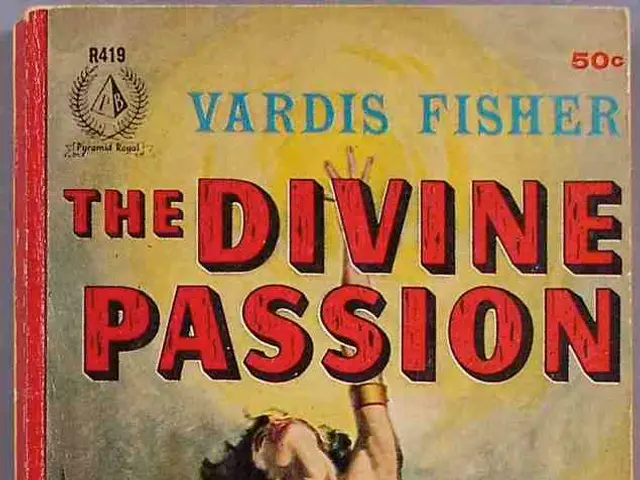Divine Rivalry: A Comparative Study of Greek and Roman Deities in Conflict
In the realm of ancient mythology, the dynamics between two influential civilizations—Greek and Roman—offer a captivating study of cultural exchange and adaptation. The Romans, recognizing the value in Greek myths, integrated them into their belief system, creatively modifying them to align with Roman culture and values. This is evident in the transformation of the Greek god Hermes into the Roman god Mercury, who retained his role as a messenger and guide to the underworld. Similarly, Greek deity Aphrodite became the Roman goddess Venus, who embodied love, beauty, romantic love, fertility, and victory in the Roman context. Greek and Roman mythologies, while sharing similarities, also exhibit contrasting cultural emphases. Greeks emphasized philosophy, art, and intellectual pursuits, while Romans focused on governance, law, and practicality. This distinction is reflected in the artistic depictions of gods, with Greek gods often portrayed as accessible and relatable, engaged in human-like activities, contrasting the more imposing and stoic appearance of Roman gods, symbolizing their authority and power. One unique aspect of Roman mythology is the presence of deities with no Greek counterparts, such as Janus, the god of beginnings, gates, transitions, and time, and Vesta, the goddess of the hearth and home. While the Greeks had Hestia, a similar deity, Vesta holds a unique position in Roman mythology. The relationship between Greek and Roman mythology is further characterized by the adaptation of myths. For instance, Greek god Zeus and Roman god Jupiter share similar positions and powers, with authority over the heavens and the ability to wield thunder and lightning. However, the Roman pantheon mirrors these dynamics, albeit with adaptations to align with Roman values. Roman mythology, unlike Greek, tends to be more concise and focused on historical accounts. This is evident in the grand and expansive epics of Greek mythology, such as the Iliad and the Odyssey, which are not paralleled in Roman mythology. Lastly, the pantheon of Greek gods exhibits dysfunctional family dynamics, featuring sibling rivalries, power struggles, and extramarital affairs. This aspect, while not entirely absent in Roman mythology, is less prominent, reflecting the Roman emphasis on order, discipline, and the rule of law. In conclusion, the exchange and adaptation of mythologies between Greek and Roman civilizations offer a fascinating insight into the cultural dynamics, values, and beliefs of these ancient societies.
Read also:
- King Charles's body language analyst dissects signs of apparent 'impatience' exhibited by Charles towards Trump
- Today's most impactful photographic moments
- Support for Eric Adams in The Post's Letters to the Editor on August 13, 2025
- Roosting Shark and Rambunctious Red Squirrels: Unconventional House Rental in Yorkshire Involving Aquatic Marvel, Squirrely Mayhem, and Mystical Planning Regulations








